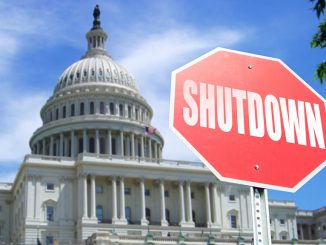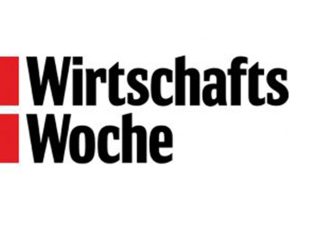
In this series, MBS professors deal with current political and social issues by critically questioning them and analyzing them with scientific arguments. The purpose is to promote a critical discourse both in society and at MBS.
In the previous part of our blog, we explain why targeted government interventions in the market system make sense in the event of market failures. Now we want to shed light on how this goal can be achieved efficiently. Due to the recent tendencies of extending government intervention in response to societal demands such as climate protection this topic has gained importance. Basically, the climate crisis is due to a market failure – since the climate belongs to everyone, no one in particular feels obliged to treat it carefully – which means that only the government or a supranational authority such as the European Union or the United Nations can actually steer against it. Therefore, we use this blog to discuss how to approach the situation and which instruments should be used.
Generally spoken, the instrument used must firstly be appropriate for achieving a specific social goal or correcting a market failure, and secondly it must achieve this goal at the lowest possible cost. This consideration is also known as the targeting principle and was formulated by the Indian economist Jagdish N. Bhagwati as follows:
“When distortions have to be introduced into the economy […] the optimal (or least-cost) method of doing this is to choose that policy intervention that creates the distortion affecting directly the constrained variable.” (Jagdish Bhagwati 1971)
An example from trade policy can show what social costs can arise if the problem is not addressed directly (Morasch & Bartholomae 2017, p. 262ff): In quite a realistic situation, the government of a country finds that domestic agriculture suffers greatly from international competition and is being pushed back further and further. In the course of cultural preservation, agriculture, which is characterized by family-run farms, should be preserved, just as, for example, the Allgaeu’s High Alpine Agriculture is recognized by UNESCO as an intangible cultural heritage. Consequently, a tariff on agricultural products might be introduced. This instrument achieves its goal: a tariff increases the prices of foreign competitors at home, so that domestic farmers can also charge more and expand their production. In addition, consumers will also have to pay more for the products. Economically, this results in costs in two ways: On the one hand, production is now more inefficient than is common worldwide (traditional agricultural production is less productive), and on the other hand domestic consumers can afford fewer goods. In economic terms, this means a loss in production and consumption efficiency. Moreover, tariffs do not ensure that traditional agriculture continues.
A better approach than tariffs would therefore be to tackle the problem directly: the lack of competitiveness of domestic farmers. This could be improved by a production subsidy, for example. This would not change prices for consumers, since they are subsidized by the government, so consumption efficiency is not endangered. Although there is still a loss of production efficiency, this is unavoidable if this industrial structure is to be preserved. From a general economic perspective, however, positive externalities could then also arise and the tourism industry, for example, could benefit.
However, a country may reasonably choose tariffs after all, for example if it has an inadequate (political/bureaucratic) infrastructure – a subsidy is a much more complex instrument than setting up customs officers at the border to collect the tariff.





